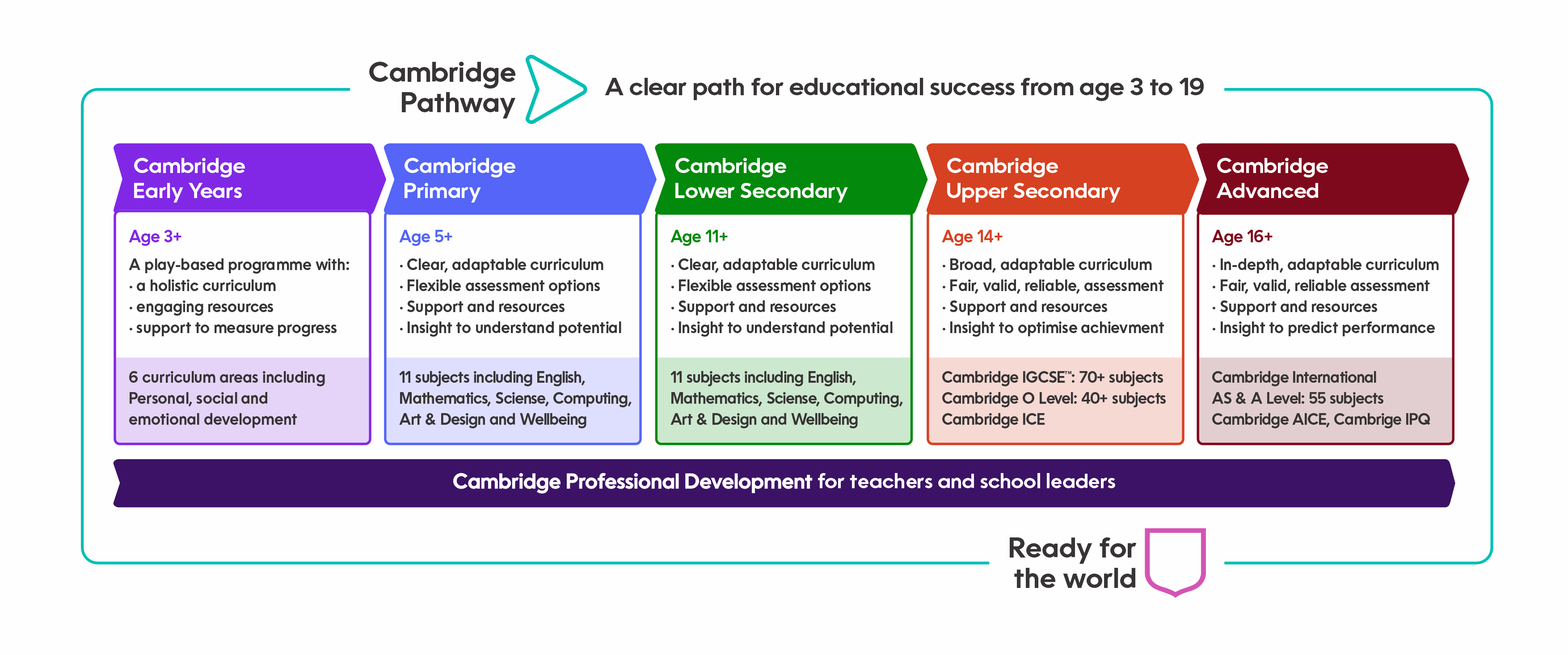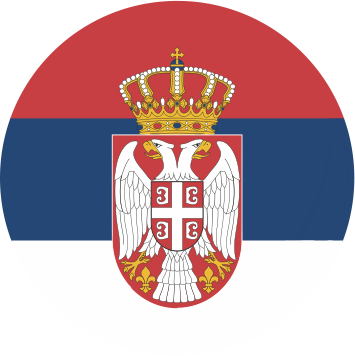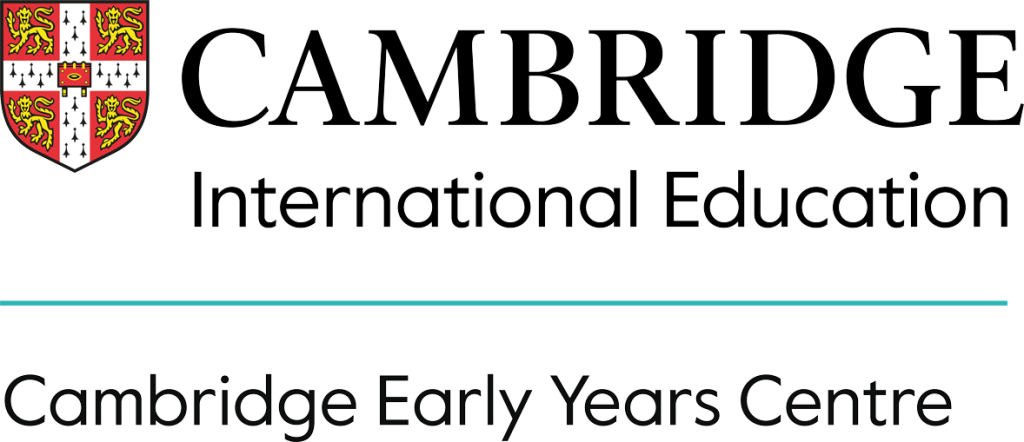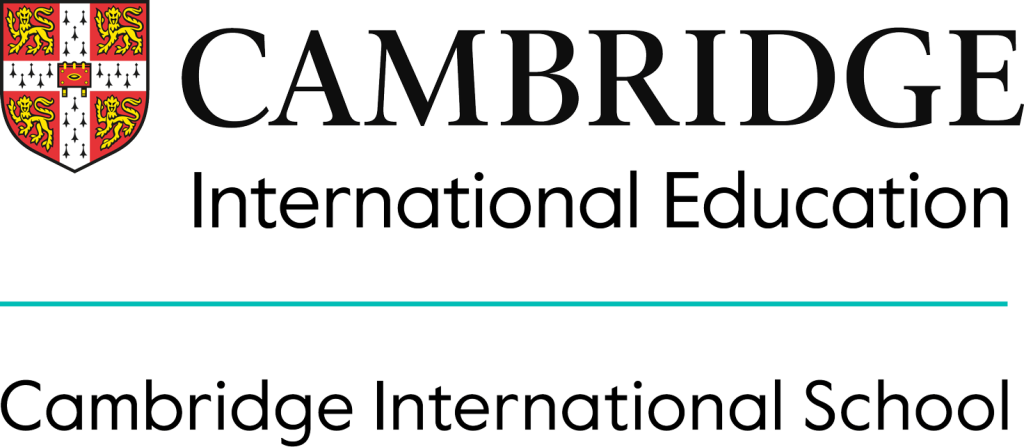Secondary SCHOOl
Cambridge Upper Secondary IGCSE is typically for learners aged 14 to 16 years.
Cambridge Upper Secondary builds on the foundations of Cambridge Lower Secondary, although learners do not need to complete that stage before this one.
Cambridge IGCSE is the world’s most popular international qualification for 14 to 16 year olds. Not only is it truly international – it gives students more options than any other international qualification. That means more subjects to choose from, more ways to learn and more ways to succeed.
Why choose International School Crnjanski
The Cambridge IGCSE curriculum offers a variety of routes for learners with a wide range of abilities, including those whose first language is not English.
Starting from a foundation of core subjects, it is easy to add breadth and cross-curricular perspectives. Encouraging learners to engage with a variety of subjects, and make connections between them, is fundamental to our approach.
Cambridge IGCSE offers a flexible and stimulating curriculum, supported with excellent resources and training.
For learners, Cambridge IGCSE helps improve performance by developing skills in creative thinking, enquiry and problem solving. It is the perfect springboard to advanced study.
Cambridge IGCSE develops learner knowledge, understanding and skills in:
- Subject content
- Applying knowledge and understanding to new as well as familiar situations
- Intellectual enquiry
- Flexibility and responsiveness to change
- Working and communicating in English
- Influencing outcomes
- Cultural awareness.
What is the difference between IGCSE Core and IGCSE Extended?
To take into account differing abilities, there is a choice between Core and Extended curriculum papers in some subjects.
The Core curriculum is within the ability range of a large majority of students. It provides a full overview of the subject and is targeted at students expected to achieve grades C to G.
The Extended curriculum has been designed for the more academically able. It is targeted at those expected to achieve grades A* to E.
Cambridge IGCSE assessment takes place at the end of the course and can include written, oral, coursework and practical assessment. This broadens opportunities for students to demonstrate their learning, particularly when their first language is not English. In many subjects there is a choice between core and extended curricula, making Cambridge IGCSE suitable for a wide range of abilities.
Grades are benchmarked using eight internationally recognised grades, A* to G, which have clear guidelines to explain the standard of achievement for each grade.
Cambridge IGCSE examination sessions occur twice a year, in June and November. Results are issued in August and January.









